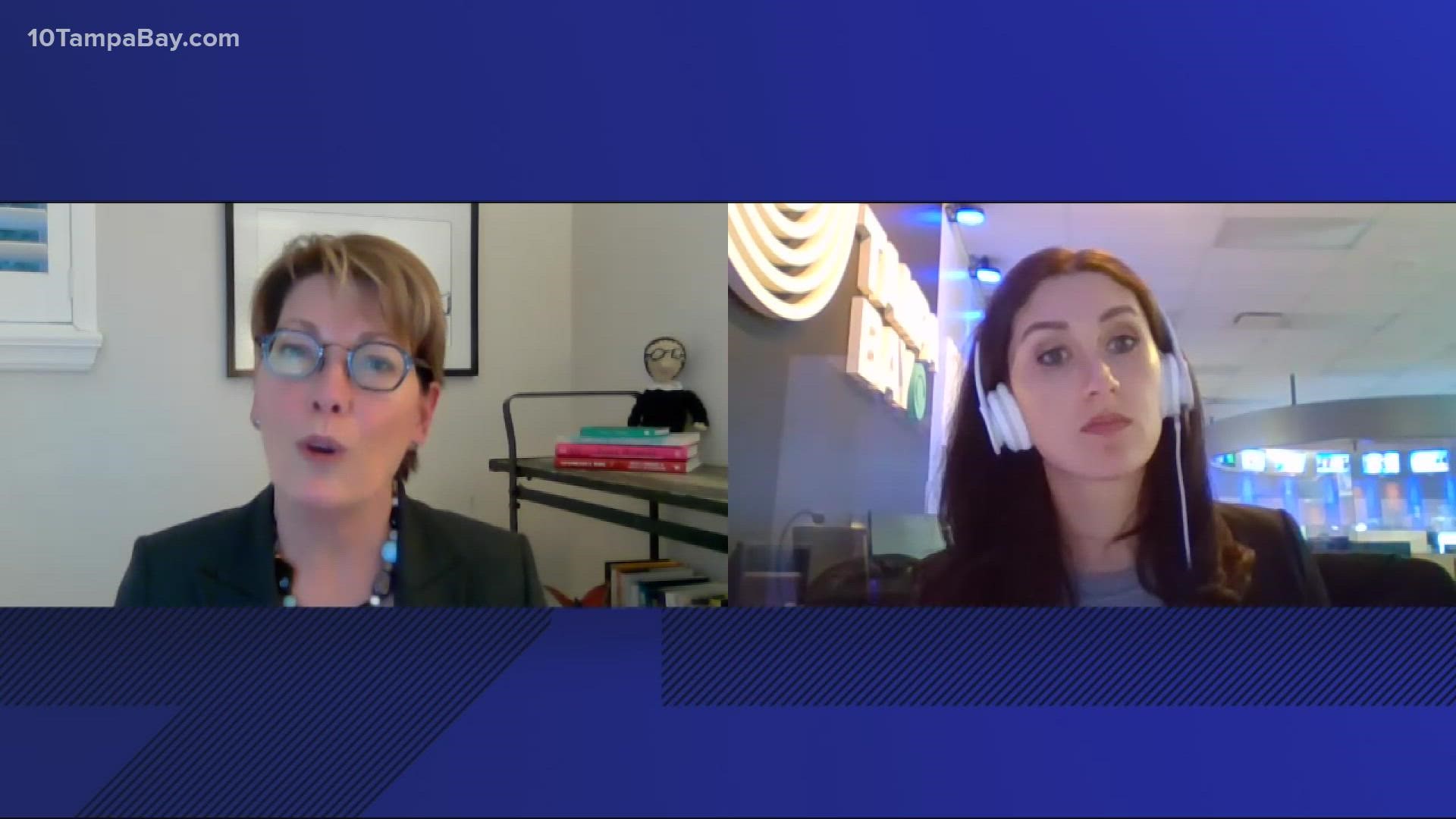TALLAHASSEE, Fla. — Florida lawmakers are on the verge of passing a restrictive abortion bill after it passed its final state House committee on a party-line vote Thursday morning, sending it closer to a final vote.
The legislation, House Bill 5, bans abortion if a doctor finds the gestational age of the fetus is more than 15 weeks. Exceptions are allowed if the woman's life is considered to be in danger or if the fetus is considered to have a "fatal fetal abnormality."
Currently, abortion in Florida is legal up to 24 weeks into gestation and allowed thereafter only if it threatens a woman's life and physical health.
There is no exception in instances of rape or incest, which Democratic lawmakers proposed earlier this month but was rejected by Republicans. One of the bill's sponsors, Republican Sen. Kelli Stargel who introduced companion legislation in the Senate, earlier said such exceptions would allow criminals to cover up their crimes.
Director of the pro-life group "Florida Preborn Rescue" Scott Mahurin called the progress on the bill "exciting news."
Mahurin says, "the pro-life movement has always taken incremental steps to achieve the ultimate goal to make abortion not just illegal, but unthinkable in our nation."
Like Sen. Stargel, Mahurin stands by the lack of an exception for rape or incest.
"If a baby has been conceived in rape or incest, that is not the fault of the baby," Mahurin said. "They should not pay for the crimes of the father."
However, CEO of Planned Parenthood Southwest and Central Florida, Stephanie Fraim, says the mother is also punished by these restrictions, and most often it's women of color who are of lower-income.
"One of the real travesties of this law is that it's an abortion ban mostly for people who don't have the resources or ability to travel," says Fraim.
She says this decision should always be up to the pregnant person, their family, and their physician. However, her organization is prepared should this bill pass.
"We will find ways...we are already planning patient navigation systems to help patients who can travel to another state, get to another state," says Fraim.
The Senate's version, Senate Bill 146, passed the committee on health policy but awaits consideration in the appropriations committee.
The abortion bills under consideration follow legislation filed in September that was nearly identical to Texas' restrictive abortion bill that would make the procedure illegal after a fetal heartbeat is detected, which is usually around six weeks. For many women, it's before they know they're pregnant.
While the House and Senate bills aren't as severe, opponents denounce it as restrictive and extreme. State Rep. Ben Diamond, D-St. Petersburg, thanked those who visited the capitol to speak against the bill. He called it, in part, "an extreme attack on Floridians’ reproductive freedom."

